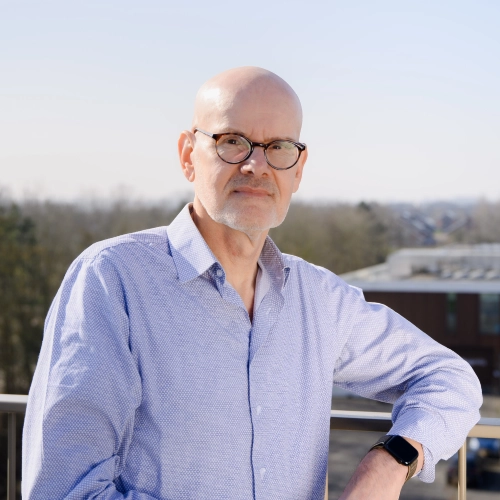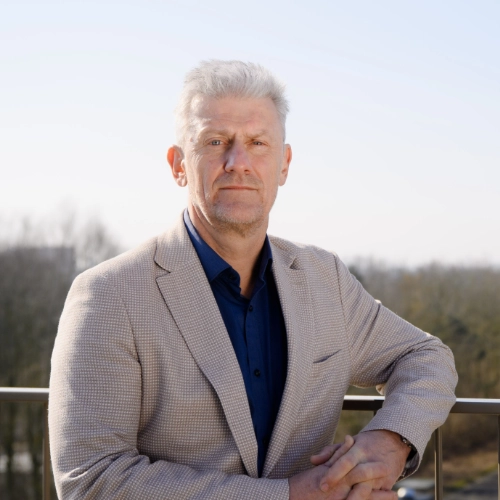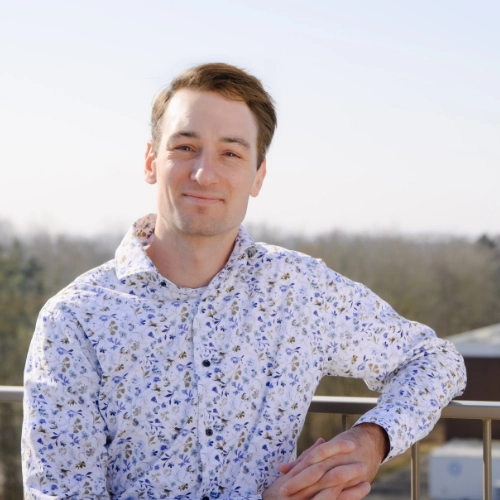About Cortalix
Smart Antibody Discovery. Two Platforms. One Focus: VHH Nanobody Excellence.
Cortalix is a VHH nanobody company specializing in the discovery and engineering of single-domain antibodies (VHH Nanobodies). We combine two complementary platforms, synthetic libraries and immune libraries, to deliver flexible, high-performance VHH nanobody discovery tailored to your application. Our mission is to accelerate nanobody innovation by offering smart, modular discovery routes supported by a full suite of engineering services. Whether you’re developing a diagnostic tool or a therapeutic candidate, Cortalix delivers the insight and tools to move fast and go deep.
Our Technology Philosophy
We believe that no single approach fits all projects. That’s why we offer both:
- Synthetic libraries, for fast, animal-free, modular discovery
- Immune libraries, for high-affinity binders with natural maturation
By combining the best of both, we maximize success across diverse targets — from simple proteins to complex, conformational antigens.
What Sets Us Apart
- Dual discovery platform: synthetic + immune
- Fully modular VHH engineering: CDR grafting, humanization, affinity maturation
- Animal-free options for ethically driven or rapid programs
- Expertise in conjugation, Fc-fusion, diagnostic labeling
- Experience with therapeutic and diagnostic development pipelines
Our Team
Cortalix, the VHH nanobody company, brings together scientists with decades of experience in antibody discovery, nanobody development, molecular engineering and translational biotech. We work with academic collaborators, analytical CROs, biotech startups, and pharma partners, always aiming to deliver fit-for-purpose nanobody solutions.

CEO, founder
Herman Steen holds a PhD in pharmacology from the University of Groningen in 1992. He worked at Byk Gulden (Altana Pharma/Nycomed/Takeda) and in 1998 he founded PharmaScope, a clinical contract research and pharma recruitment organization. Following the sale of PharmaScope to Quintiles Transnational Corp. in 2005, the internationally operating orphan drug CRO PSR Group was established and eventually sold to Ergomed plc in 2017. Dr. Steen has extensive experience in the organization of clinical research and as a serial entrepreneur in the field of pharma biotech, he is closely involved in commercialization and bridging preclinical research to the clinic. He co-founded BiOrion and led that company for many years as CEO. Early 2023, BiOrion’s assets were purchased by Cortalix, where he is acting as CEO again.

CBO
Ronald Vos holds a BSc in Analytical chemistry from the Hogeschool Utrecht. He fulfilled positions as Product Manager, Business Development Manager and Distribution/Partner Manager at organizations like Millipore, Thermo Fisher, Luminex, MyCartis, SensID, Delta Diagnostics, and most recently he serves as CEO of CC Diagnostics. He travelled extensively around the globe and worked on both private and governmental projects in different countries. During the 34 years in sales, he spend time on both Research as well as Diagnostics and similar for both Protein and Molecular applications.

VP Discovery & Innovation
Amanda van Tilburg obtained a PhD degree in molecular biology at the University of Groningen in 2021. During her PhD research, she became an expert in genetic engineering of bacteria and heterologous protein expression, which led to various publications in peer-reviewed journals. The focus of Amanda her research at Cortalix is to discover, engineer and produce novel single domain antibodies against several attractive targets.

VP Product Development
Joost Caumanns obtained his PhD in molecular and medical biology from the University of Groningen in 2019. As a translational scientist, he investigated kinase and synthetic lethality targeting strategies for the treatment of ovarian cancer. His postdoctoral research at the University of Toronto focused on the use of CRISPR-Cas9-mediated whole-genome knockout screening to unravel genetic dependencies on immunotherapy resistance in cancer. He then gained experience as a project manager for bioanalytical services at Ardena, in Assen, the Netherlands. At Cortalix, Joost is responsible for the development of products and services based on synthetic single-domain antibody libraries.

Head of Protein Production & Downstream Processing
Michael Runda obtained a PhD in 2025 in the field of synthetic biotechnology from the University of Groningen, where he explored the catalytic potential of enzymes, with a focus on Rieske oxygenases.
During his research, he also established enzyme systems for cell-free catalysis, gaining extensive expertise in recombinant protein purification and enzyme characterization.
At Cortalix, Michael is responsible for optimizing single-domain antibody expression and downstream processing.
Want to Know More?
Contact Cortalix, the VHH nanobody company, to learn how we can support your antibody discovery, from target to lead, and beyond.
